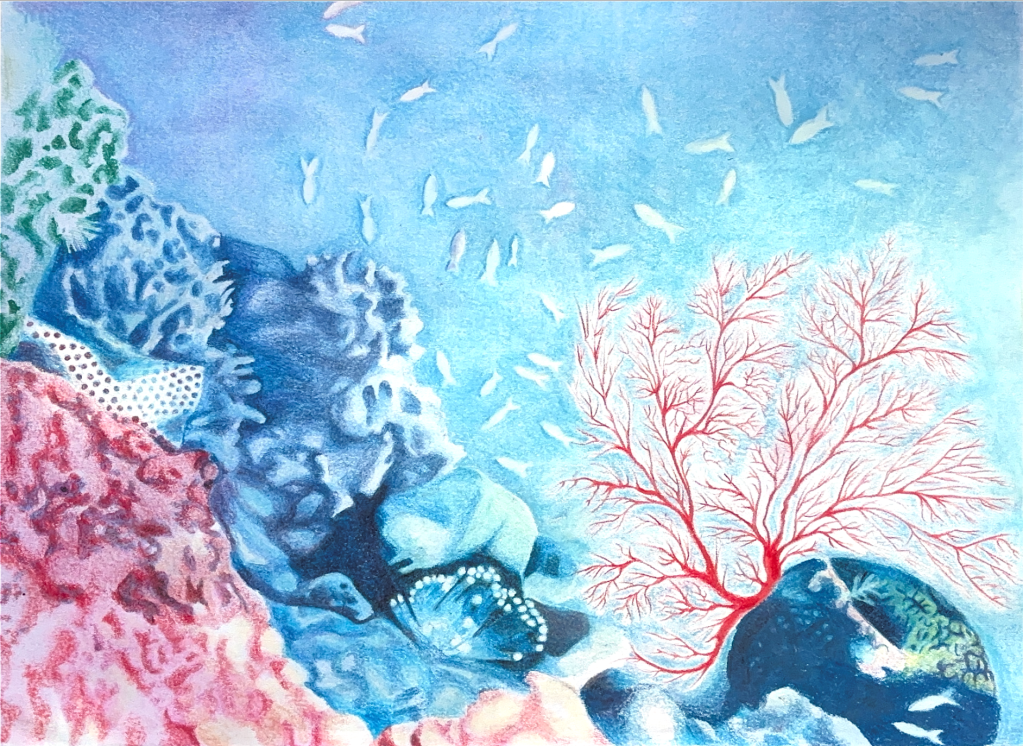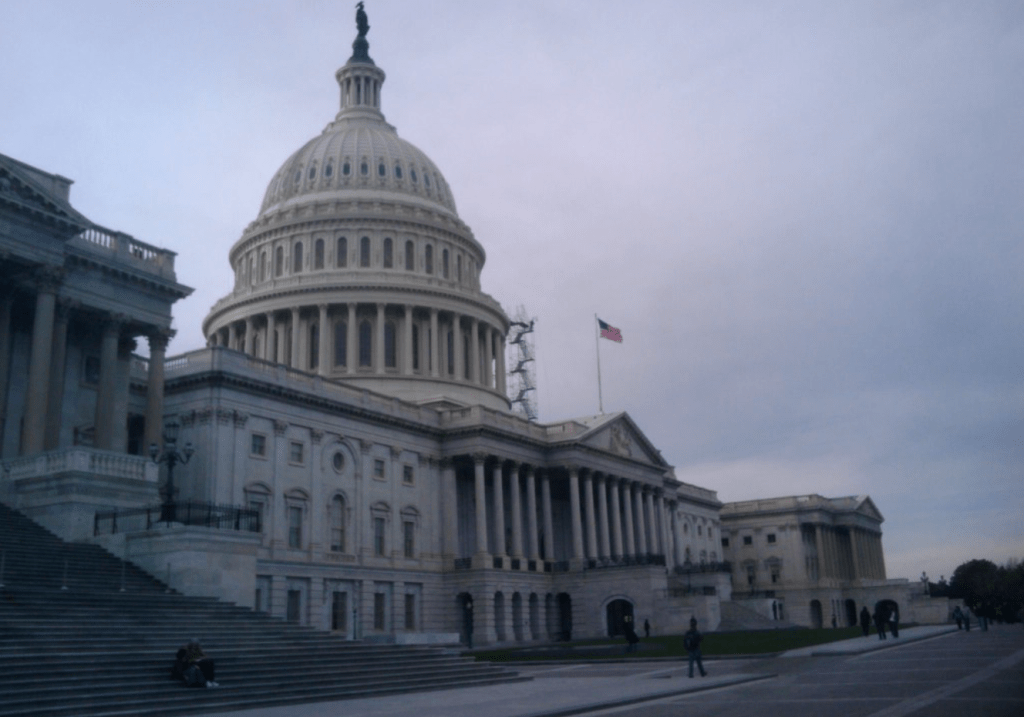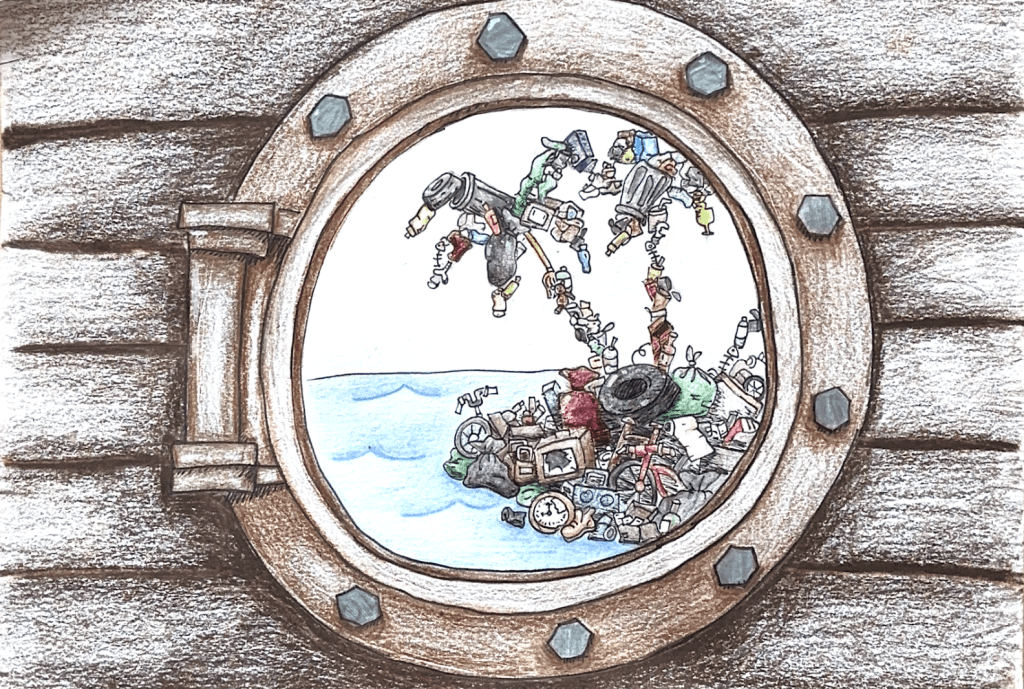Latest publications
-

From Ratification to Realisation: Is the High Seas Treaty a Symbolic Act Lacking Operational Reality?
Words by Ru Todd, Art by Sophie Berry “As we confront the triple planetary crisis of climate change, biodiversity loss, and pollution, this agreement is a lifeline for the ocean and humanity.” UN Secretary-General António Guterres. Two years ago, UN member states set out to achieve what once seemed impossible: a global pact to protect the high…
Trending
Find us on social media….
science & innovation. policy & governance. opinion. creative writing.




